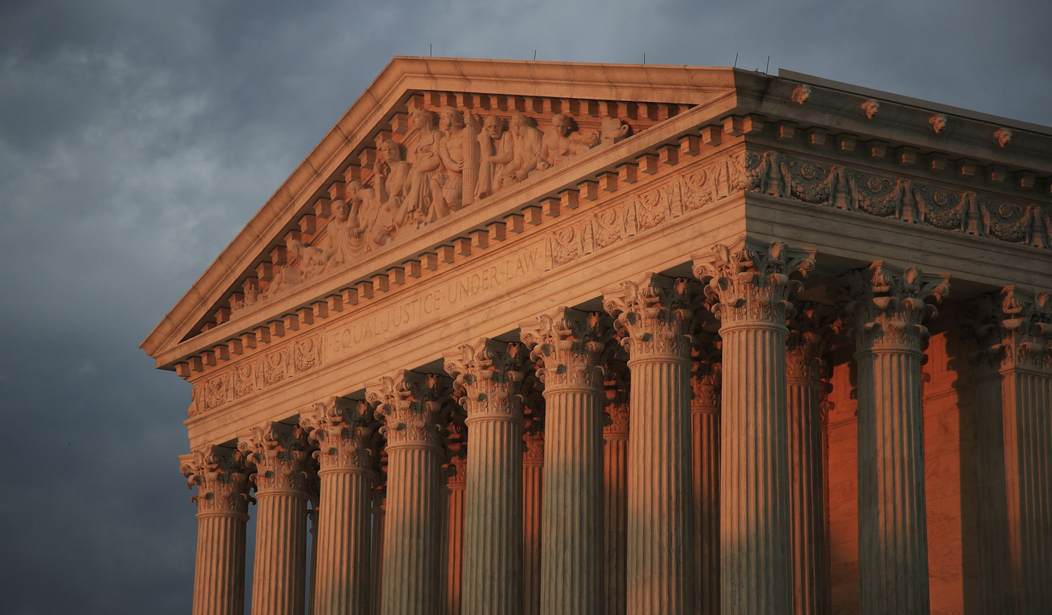Groucho Marx once resigned membership from the Friars Club quipping, “I don’t want to belong to any club that will accept me as a member.” Imagine Groucho’s dismay had the club been compelled to disclose his membership to the government! That is exactly what California’s attorney general is doing by requiring 501(c)(3) charities to divulge their donor or member lists—and the Ninth Circuit appears poised to let him get away with it.
Americans have long banded together to support causes they hold dear, donating their time, talent, and treasure to charities. The attorney general’s demand jeopardizes such activities, along with members’ personal and professional welfare.
Regrettably, a Ninth Circuit panel decided that the attorney general’s actions did not violate the First Amendment. That decision directly conflicts with landmark precedent of the United States Supreme Court—NAACP v. Alabama. To defend freedoms of association and speech in California, the New Civil Liberties Alliance filed an amicus brief asking the full Ninth Circuit to rehear Americans for Prosperity Foundation v. Becerra and uphold NAACP v. Alabama.
In the 1950s, the Alabama attorney general demanded production of the NAACP’s membership list, supposedly to investigate possible NAACP violations of a corporation statute. The NAACP did not want to disclose its membership list, believing the reason for the demand was a pretext. The NAACP Court’s straightforward test asked whether an organization’s members have previously encountered “public hostility” by the mere fact of their membership. If so, the state must show that disclosure has a “substantial bearing” on the state’s asserted interest in obtaining the list.
The NAACP Court understood that disclosing an organization’s members to the government “may induce members to withdraw from the Association and dissuade others from joining it.” The Court held that because NAACP members tragically faced job loss, beatings, and even death, disclosure would have a chilling effect on speech by dissuading people from joining.
Recommended
Despite the Ninth Circuit’s acknowledgement that AFPF members “undeniably … have been subjected to threats, harassment or economic reprisals[,]” the court wrongly held that this evidence was not enough to prove that the attorney general’s disclosure demand “will impose significant First Amendment burdens.” Yet, California itself has seen its share of high-profile examples of donors—like Mozilla’s CEO—being hounded out of their jobs.
The AFPF court effectively limited NAACP v. Alabama’s holding to only cases of violent threats. But if violence is the line in the sand, is it not already too late to protect First Amendment rights? As the NAACP Court recognized, non-violent harassment is just as capable of chilling First Amendment freedoms as physical force. Besides, where does being shouted down in public (a common coercive tactic) fall on the continuum of intimidation, and when does it cross the line to fear for personal safety?
Donors to organizations that support unpopular causes are susceptible to non-violent bullying and the fear of losing employment, business opportunities, and social status. These threats are no less menacing to freedoms of association and speech than threats of brutality.
For the Ninth Circuit to limit NAACP’s holding to cover only actual violence converts a canonical precedent of the civil rights era into a one-off holding of limited application. Neither NAACP v. Alabama’s holding, nor the legacy of the civil rights movement, should be so narrowly construed. The Ninth Circuit should reconsider its position and rehear the AFPF case.
Unlike Groucho, most Americans would not object to belonging to a charity that will have them as a member—but we should all object to a government that violates our civil liberties by compelling charities to disclose our support.

























Join the conversation as a VIP Member